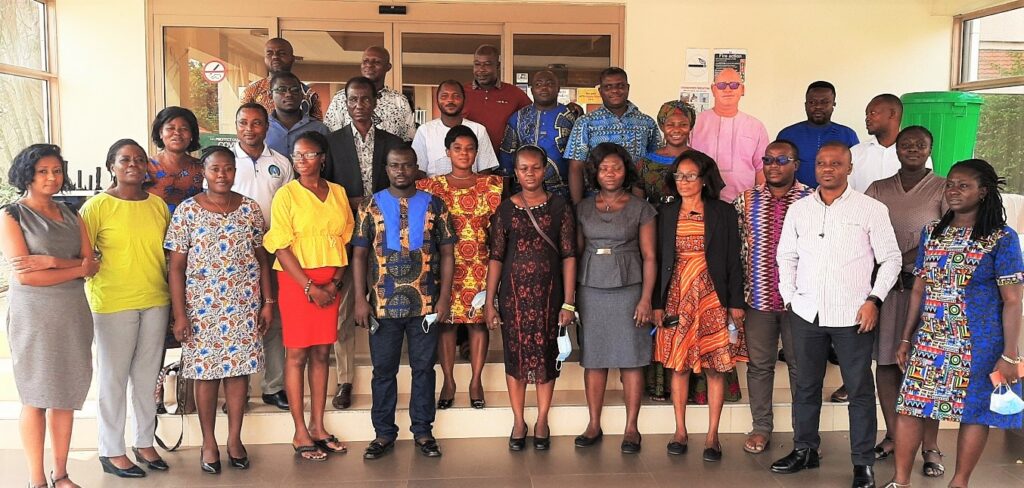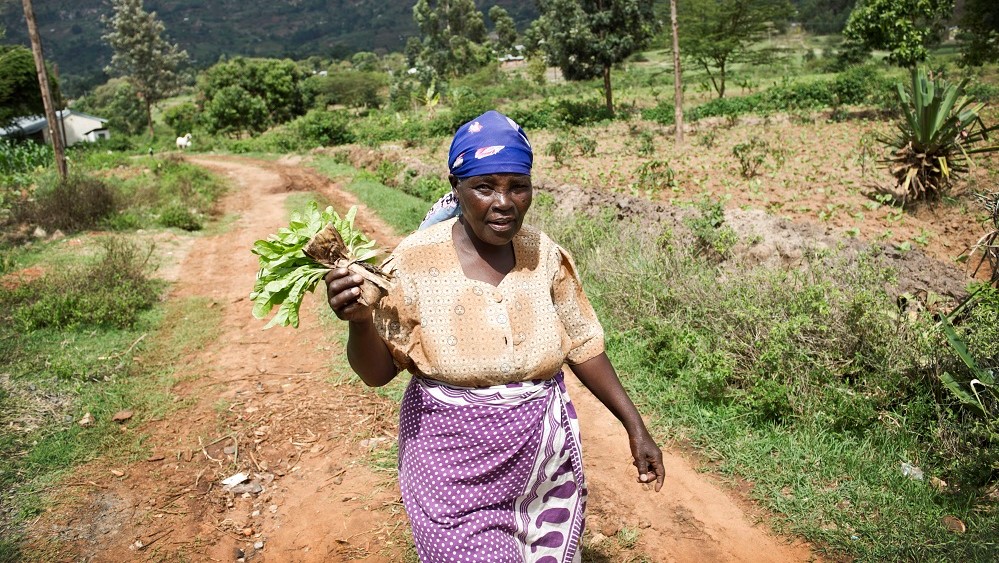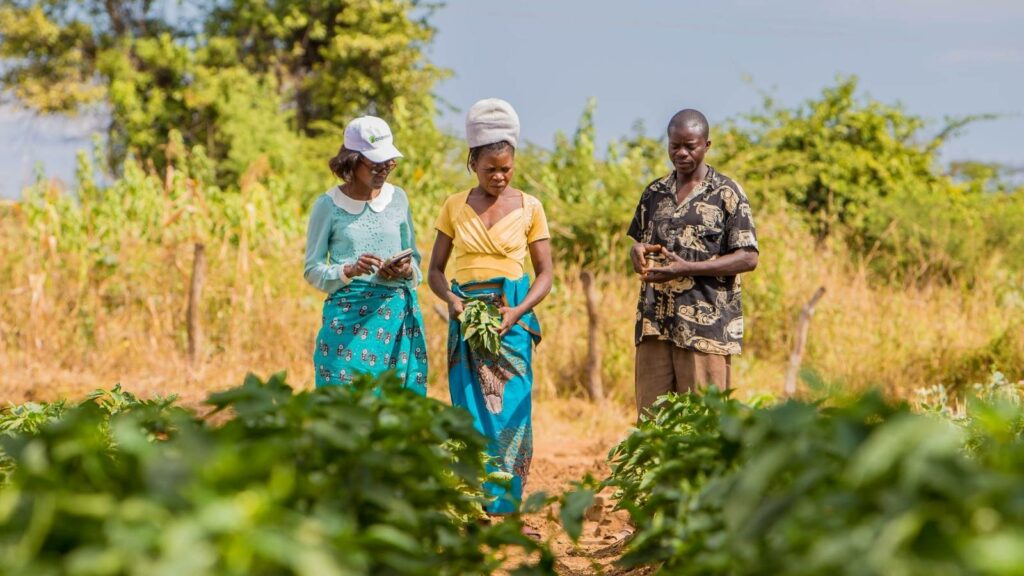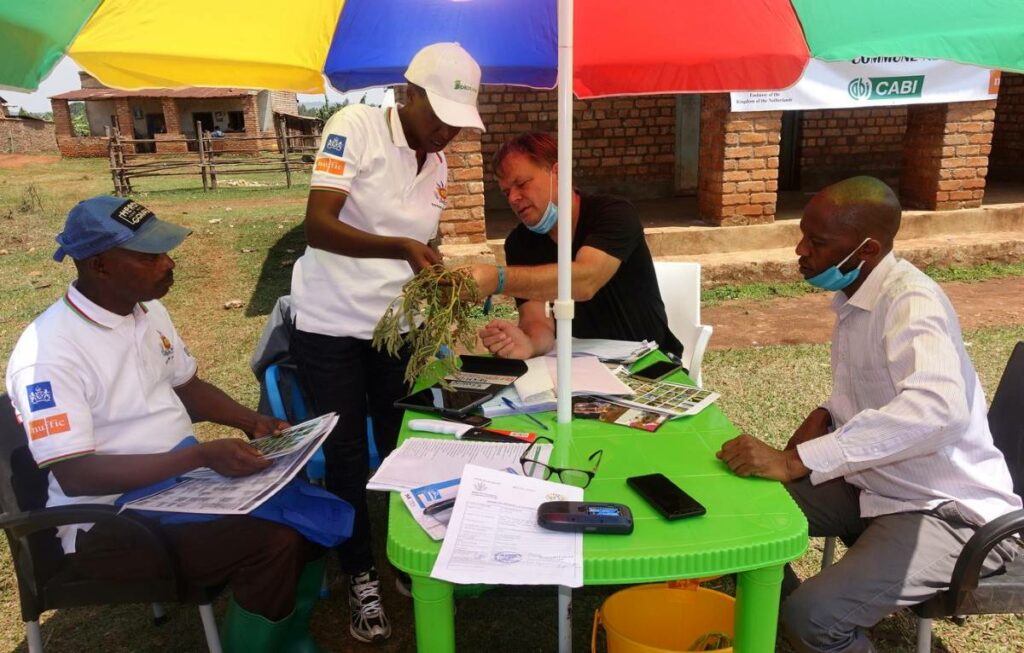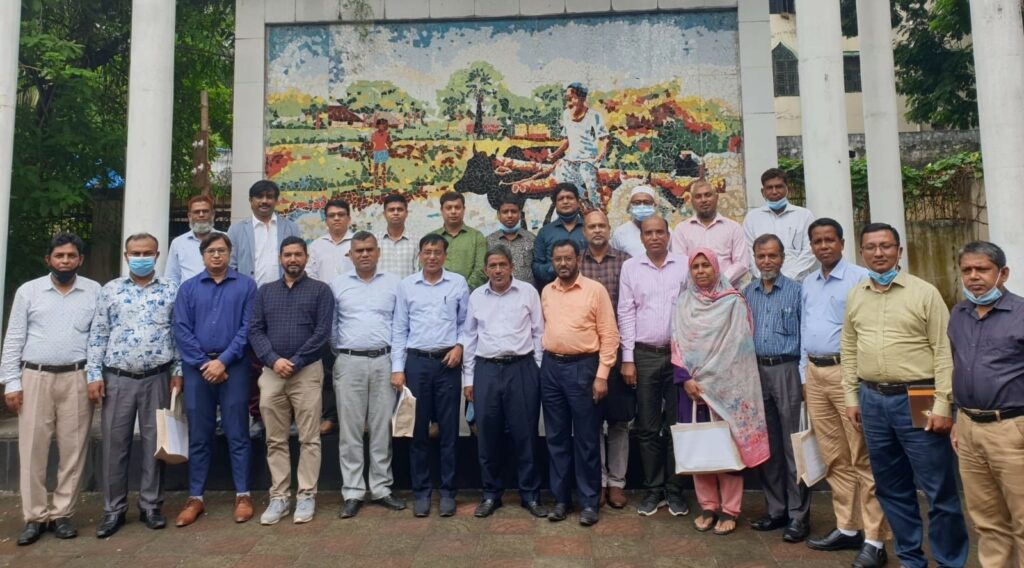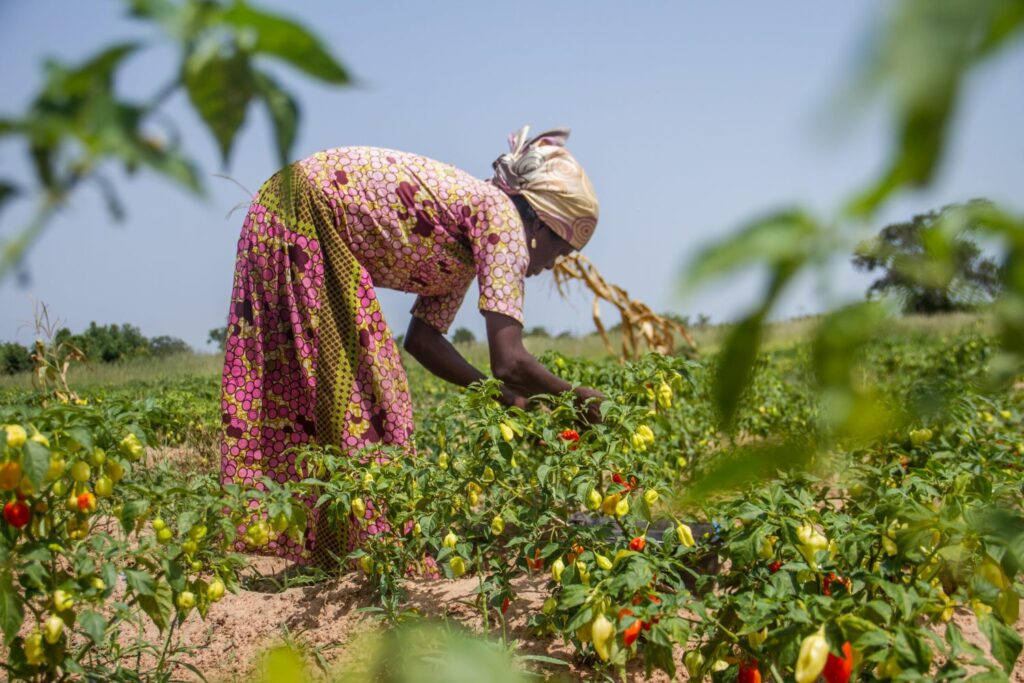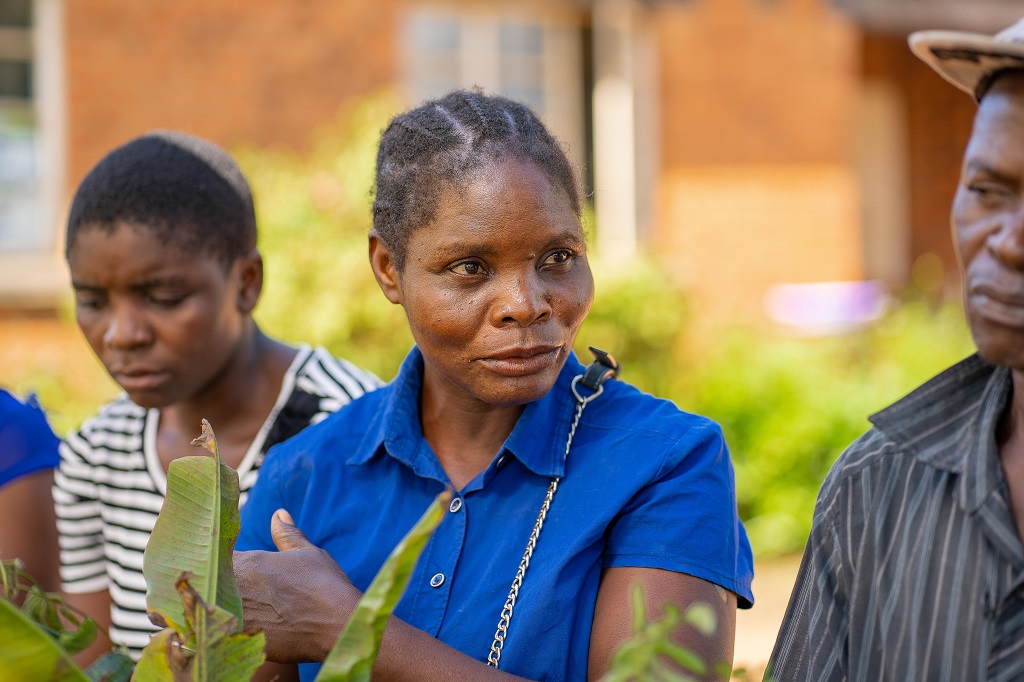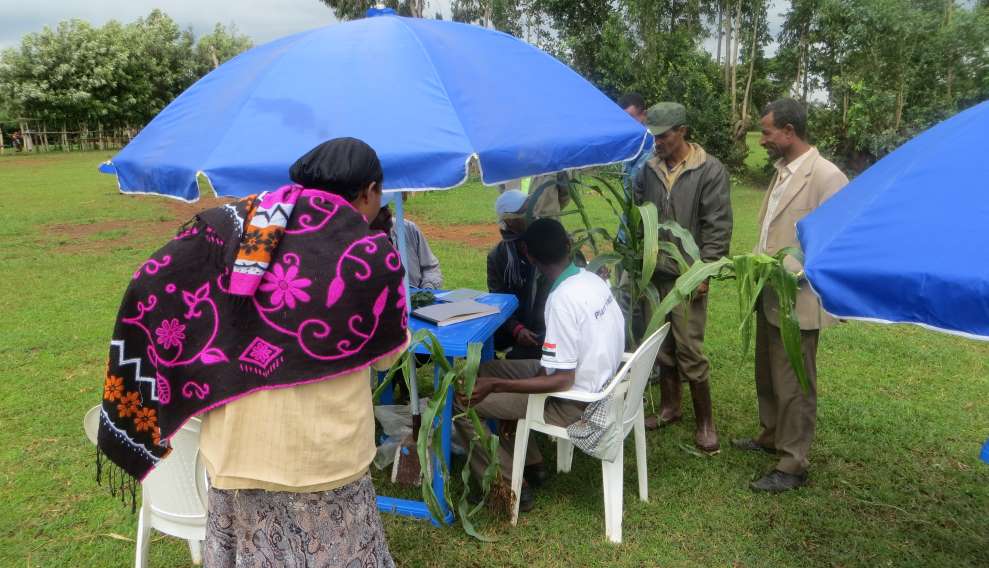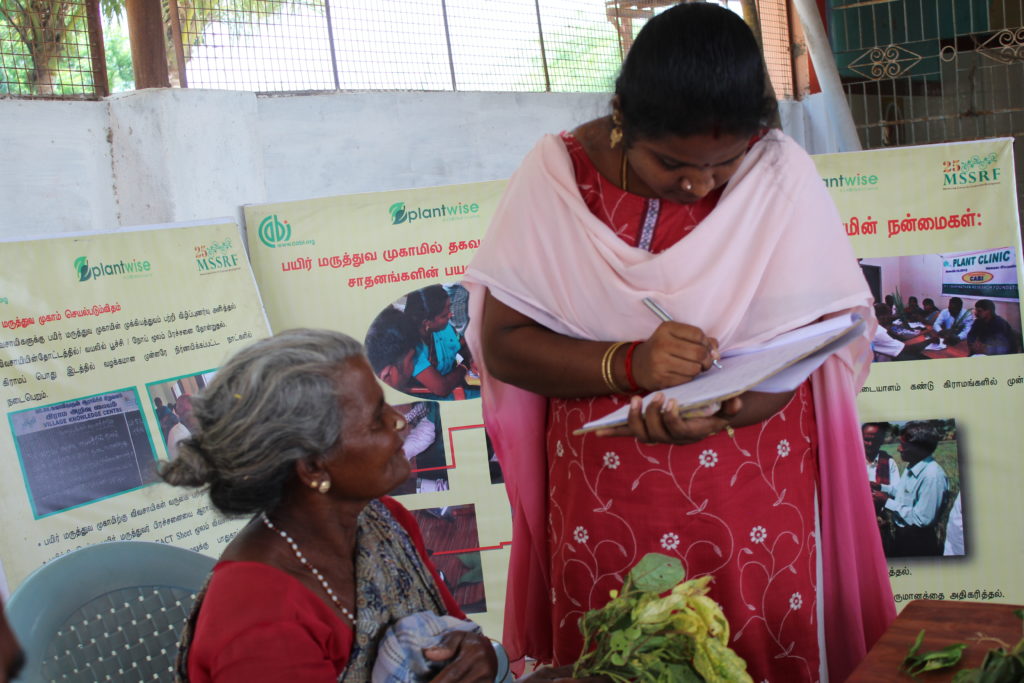Innovation on the ground can be critical for gender integration
Gender-based social norms are major barriers to women accessing agricultural extension advice and adopting new practices. Although women make up 43% of the global agricultural labour force, just how gender-equitable are extension services like Plantwise?
Digital advisory tools in the hands of women agricultural service providers
Smallholder farmers across the world need access to advisory services to support them in managing pest and disease issues on their crops. As part of its PlantwisePlus programme, CABI is developing and promoting digital advisory tools to increase access to the information that farmers need to adopt safe and effective agricultural practices. One of the…
Digital learning courses available for free in Bangladesh
CABI’s new digital learning platform, the CABI Academy, is now available free for users in Bangladesh. The digital learning courses are designed for agricultural extension and advisory service providers. They provide interactive exercises and resources to help participants grow their knowledge, so they can deliver the best possible advice to farmers.
Plantwise Burundi: building extension skills and resources
The role of extension staff in reaching smallholder farmers with relevant agricultural information is key to enabling them to grow more and lose less to crop pests and diseases. The advice given on agricultural practices helps to improve crop quality and yield and to sell agricultural produce for better prices.
Watch the PlantwisePlus Launch Video
This week saw the digital launch of CABI’s new global programme – PlantwisePlus. The online event featured presentations from both CABI representatives as well as partner organisations, including FAO and the governments of Kenya and the Netherlands.
Village-based plant clinics benefit Ethiopian farmers
In Ethiopia, smallholder farmers are the mainstay of the economy, with the country’s large rural communities dependent on small-scale farming for food security and income. However, farmers face several challenges when trying to improve crop yields, in particular plant pests and diseases. It is estimated that Ethiopian farmers lose up to 50% of all crops…
- « Previous
- 1
- 2
- 3
- 4
- Next »

